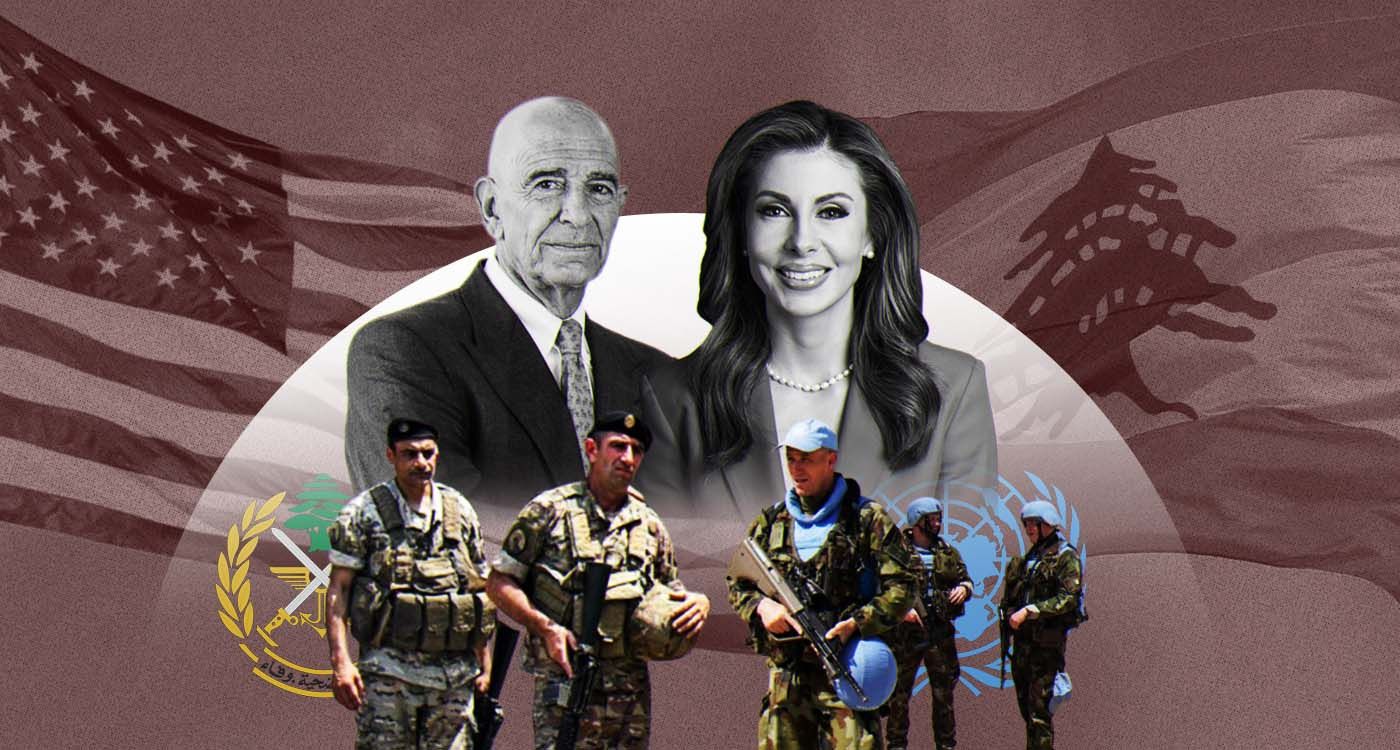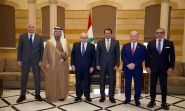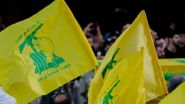
Early on Monday morning, US envoy Tom Barrack, accompanied by Morgan Ortagus, will meet with President Joseph Aoun to discuss two interlinked essential issues: the second phase of consolidating state control over all weapons, and the renewal of UNIFIL’s mandate in South Lebanon at the end of this month.
According to official Lebanese sources, the President will inform the US delegation that the Lebanese government has already taken advanced steps toward exclusive state control of arms, and is ready to go further, provided these measures are met with reciprocal Israeli steps. Such steps would include withdrawals from occupied areas in South Lebanon and halting attacks and assassinations. These steps are essential, both to counter domestic opposition to the Lebanese official decision and to demonstrate US seriousness in fulfilling Israel’s commitments as outlined in the American proposal.
It was emphasized that such Israeli measures would give the Lebanese government the political momentum to prove that its actions alone can secure Lebanon’s demands from Israel, while imposing on Hezbollah the reality that diplomacy has succeeded where weapons have failed.
According to these sources, President Aoun will also reaffirm that Lebanon still needs UNIFIL’s presence to support the army in its missions, and that renewing the force’s mandate under the same terms is vital for regional peace. However, Americans might warn that this may be the last renewal, or that Washington could reduce its financial contribution to UNIFIL’s budget. Yet, according to promises made to Lebanon via France, several European and Arab countries seem willing to bridge any funding gap resulting from a US cut.
On the other hand, according to American sources, the purpose of Barrack and Ortagus’s visit is to ensure that the Lebanese government does not backtrack on its decision to monopolize arms. They are expected to reaffirm US support for the Lebanese army, encourage it to proceed with drafting a plan for Hezbollah’s disarmament and discuss the resources it needs to implement this plan by the end of the year or within a reasonable timeframe.
According to the same sources, supporting the army will be central to the visit, as a response to claims by Hezbollah and its allies that the army will neither cooperate with political authorities nor implement such a plan, even if drafted. Washington views these statements as an attempt to sow division between army and government, and thereby obstruct the decision to monopolize arms.
Both US officials will also reject Hezbollah Secretary-General Sheikh Naim Qassem’s recent warnings of civil war in Lebanon, stressing that Washington and many other countries will stand with the Lebanese army in implementing the weapons-control decision. For Washington, the Barrack-Ortagus visit is proof of continued US engagement to Lebanon’s stability and its commitment to the emergence of a strong state.
US officials will reiterate to all Lebanese leaders that the country and its people face a final chance to break free from successive crises fueled by Iran’s influence. Allowing Tehran to still impose its will on the Lebanese people would condemn Lebanon to remain a battlefield for regional rivalries.




Comments